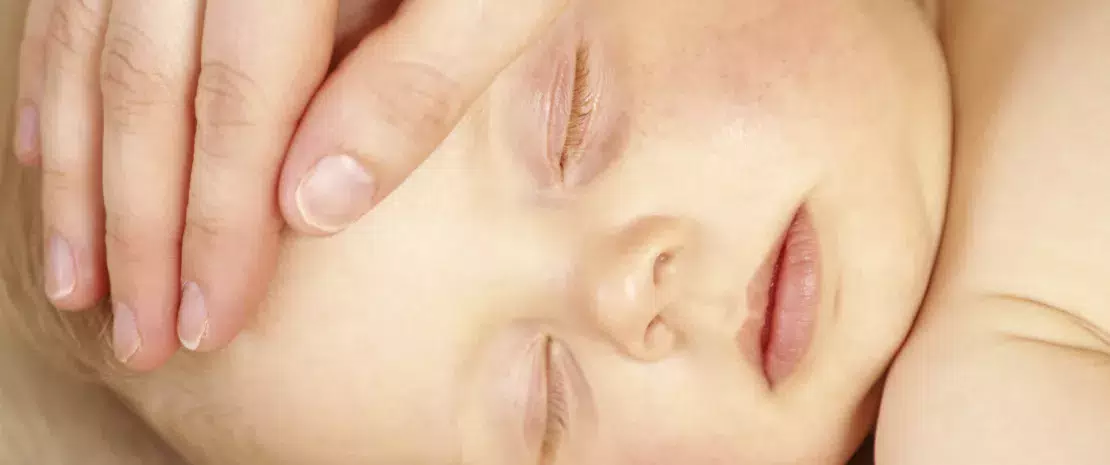Nasal microbiota: a reliable marker of bronchiolitis severity
The severity of bronchiolitis in newborns may be assessed by characterizing their nasal microbiota. This could be an alternative, simpler and less invasive method than a nasopharyngeal aspirate, which is conventionally used.
Lay public section
Find here your dedicated section
Sources
This article is based on scientific information
Sections

About this article
ASPIRATE VS. SWAB
As is the case for bronchiolitis, characterization of the airway microbiota takes on a particular importance in some pulmonary pathologies. The severity of the disease is direct y correlated with the local microbial populations. Consequently, accurate identification of the microorganisms present proves essential and requires high-quality sampling. Standard protocol (nasopharyngeal aspirate) of fers good diagnostic and prognostic efficacy. But the procedure is invasive and proves tricky to perform in children, in particular in infants. Simpler to perform and less traumatic, nasal swab is a promising alternative. Its efficacy was studied by comparing the nasopharyngeal and nasal microbiota of infants with bronchiolitis (composition / capacity to predict the severity of the inflammatory episode).16 Both sampling techniques were assessed in 815 hospitalized children; bacterial populations were characterized by amplification of 16S rRNA genes.
DIFFERENT POPULATIONS, BUT SIMILAR PREDICTABILITY
The analyses show a disparity between the microbial populations of the two areas. The nasal microbiota is composed mainly of the genera Staphylococcus (40.8%), Corynebacterium (10.4%), Moraxella (9.3%), Haemophilus (7.4%), Dolosigranulum (5.2%), Streptococcus (5%) and Enterobacter (4.7%). However, the nasopharyngeal microbiota is dominated by the genera Moraxella (30.7%), Streptococcus (30.5%) and Haemophilus (19.7%). These differences however should be put in perspective: predominance of Moraxella or Haemophilus in the nasal area is also found in the nasopharynx, making these two sites a good tool for predicting the severity of bronchiolitis. Children with a Haemophilus-dominant profile display an increased risk of requiring intensive care or prolonged hospitalization (≥ 5 days). In comparison, subjects with a Moraxella-dominant profile seem to be the least at risk. This predictive capacity is not however applicable to other bacterial genera. The nasal swab presents many practical advantages, and can therefore be considered a valid alternative to nasopharyngeal aspirate in assessing the severity of bronchiolitis in infants.








